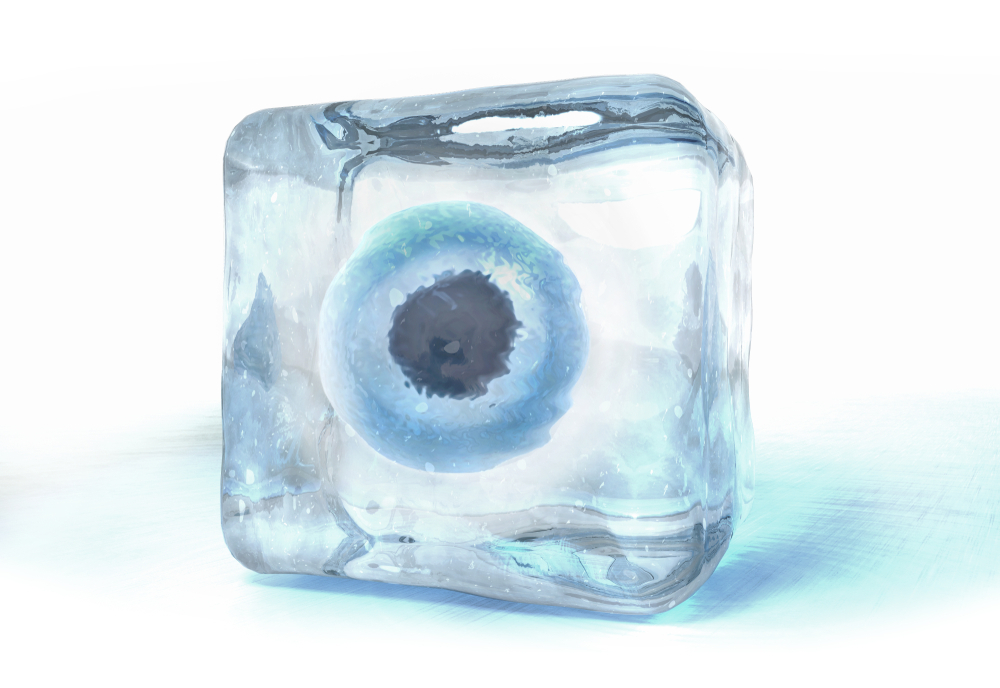The anti-gay discrimination which Jonathan Gregg and James Derek Mize are ensnared in is an awful predicament which no new parent should have to endure. By refusing to confer US citizenship on their daughter who has a court-ordered birth certificate listing both fathers as parents (their daughter Simone was born in the UK to a surrogate mother who has no genetic link to the child – an anonymous egg donor and sperm from Gregg created the embryo), the State Department is trying to impose its view of morality via a tortured interpretation of federal immigration statutes. For other same-sex couples contemplating having a baby with the assistance of a surrogate mother (and unwilling to wait out the end of this Administration and its crackdown on human rights), it would be a good idea to focus on finding a carrier within an acceptable US state. The baby would be a US citizen at birth and the Trump Administration would stay out of your family’s business.
Read More


